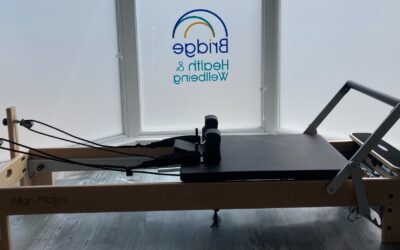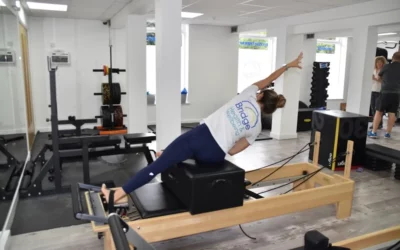Back pain, especially lower back pain, is extremely common. In approximately 90% of cases there will be nothing specific or sinister going on. Unfortunately, there are times though when the symptoms you present with do need immediate onward referral and usually some form of intervention, such as surgery.
Cauda Equina Syndrome

The cauda equina is found at the bottom of your back and is where the spinal cord branches into a bundle of nerves rather than a single cord. These nerves supply the soft tissues around the lower trunk and pelvis as well as the legs into the feet. Very importantly, they control bladder, bowel and sexual function. If you have cauda equina syndrome (CES) the nerves get compressed and can cause a number of potentially life changing issues.
If you are experiencing any of the following symptoms you should seek immediate professional help:
- Numbness or tingling around the genitals and/or buttocks
- Difficulty passing urine
- Loss of bladder and/or bowel control
- Sexual dysfunction
- Widespread neurological symptoms in both legs – pain, numbness, tingling, weakness
Sinister pathology
As well as specific presentations, like CES, the back symptoms you are experiencing could also be down to more sinister pathologies like cancer or infection. Fractures can also be a cause of pain, especially if linked to trauma like a car accident or if you have a history of osteoporosis.
Signs and symptoms linked to more sinister conditions include:
- Recent unexplained weight loss
- Unremitting night pain
- Night sweats
- Chest pain
- Generally feeling unwell
- Running a temperature
- Symptoms linked to a serious accident or history of osteoporosis
The purpose of this blog is not to shock, worry or concern people. It is to provide information and guidance so that potentially serious pathology can be dealt with before it becomes life changing. If you are concerned at all about your back pain please do seek support from a medical professional so that you can be assessed and, in most cases, reassured that all is well.
To speak to our physiotherapist Paul about your back pain or book a physiotherapy consultation at our health and wellness centre on Bridge Street in Christchurch, Dorset, please contact us on 01202 473800 or email info@bridgehw.com.

Paul O’Connell (MSC, BSC, HCPC, MCSP) is a physiotherapist with two decades of clinical expertise. He has worked right across the UK, from North Yorkshire and London to Hampshire and Dorset. Sports medicine is one of his areas of special interest: he has worked both on the touchline and in sports injuries clinics, and now lectures on the Sports Therapy programme at Bournemouth University. Having spent several years managing physiotherapy and health assessment teams in two key Nuffield Health hospitals, Paul also has an extensive understanding of orthopaedic surgery.



